Institutional Development, Développement institutionnel • 08 août 2025
Les communautés naskapi, pessamit et wendaki accueillent une représentante de St. Lawrence
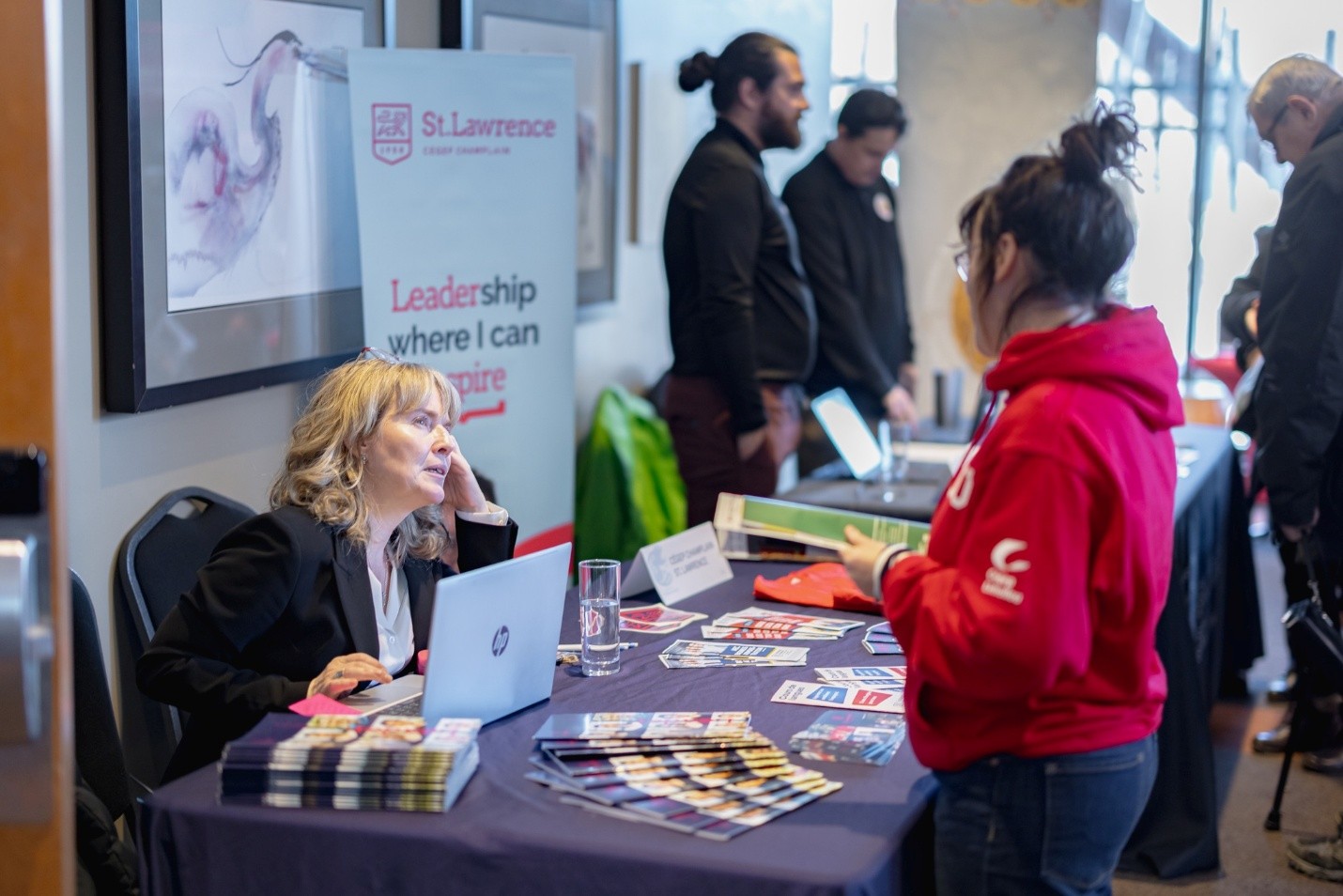
Au cours de la dernière année, Jacinthe Ruel, conseillère en développement institutionnel à St. Lawrence, a eu le privilège de visiter plusieurs communautés autochtones dans le cadre de nos efforts de recrutement d’étudiants. Elle s’est récemment rendue à Kawawachikamach, Pessamit et Wendake. Bien que nous n’ayons pas pu envoyer de représentant à un récent salon de l’emploi à Manawan, certains de nos documents y ont été acheminés par nos partenaires d’autres cégeps de la ville de Québec.
Kawawachikamach
En novembre, Ruel s’est rendu dans le Nord pour visiter la communauté naskapie de Kawawachikamach. Cette visite, organisée par la Commission scolaire Central Québec, a permis à des représentants de plusieurs établissements d’enseignement postsecondaire de se rendre à Kawawachikamach, près de la frontière du Labrador, dans le but d’inspirer les jeunes de cette communauté et de tisser des liens avec eux.
Ruel a fait une présentation sur St. Lawrence et a participé à un salon de l’emploi, tous deux organisés à la Jimmy Sandy Memorial School. Elle a eu l’occasion de rencontrer plusieurs jeunes et leurs familles et de les enthousiasmer à l’idée d’étudier à St. Lawrence. Ruel a eu le privilège de rencontrer Noah Swappie, directeur général de la Société de développement des Naskapis et ancien chef de la nation naskapie, ainsi que Theresa Chemaganish, ancienne chef de la nation naskapie. Tous deux ont discuté de l’importance de créer une communauté et de mettre en place des mesures de soutien pour les jeunes autochtones qui entreprennent des études postsecondaires loin de leur communauté.
En entreprenant le long voyage entre Québec et Kawawachikamach, Ruel a profondément ressenti à quel point il devait être difficile d’étudier si loin de chez soi. Elle souligne que cette distance met en évidence notre responsabilité de créer un environnement accueillant et de favoriser un fort sentiment d’appartenance et de communauté chez les étudiants naskapis du Québec.
Pour en savoir plus sur la nation naskapie de Kawawachikamach, cliquez ici.
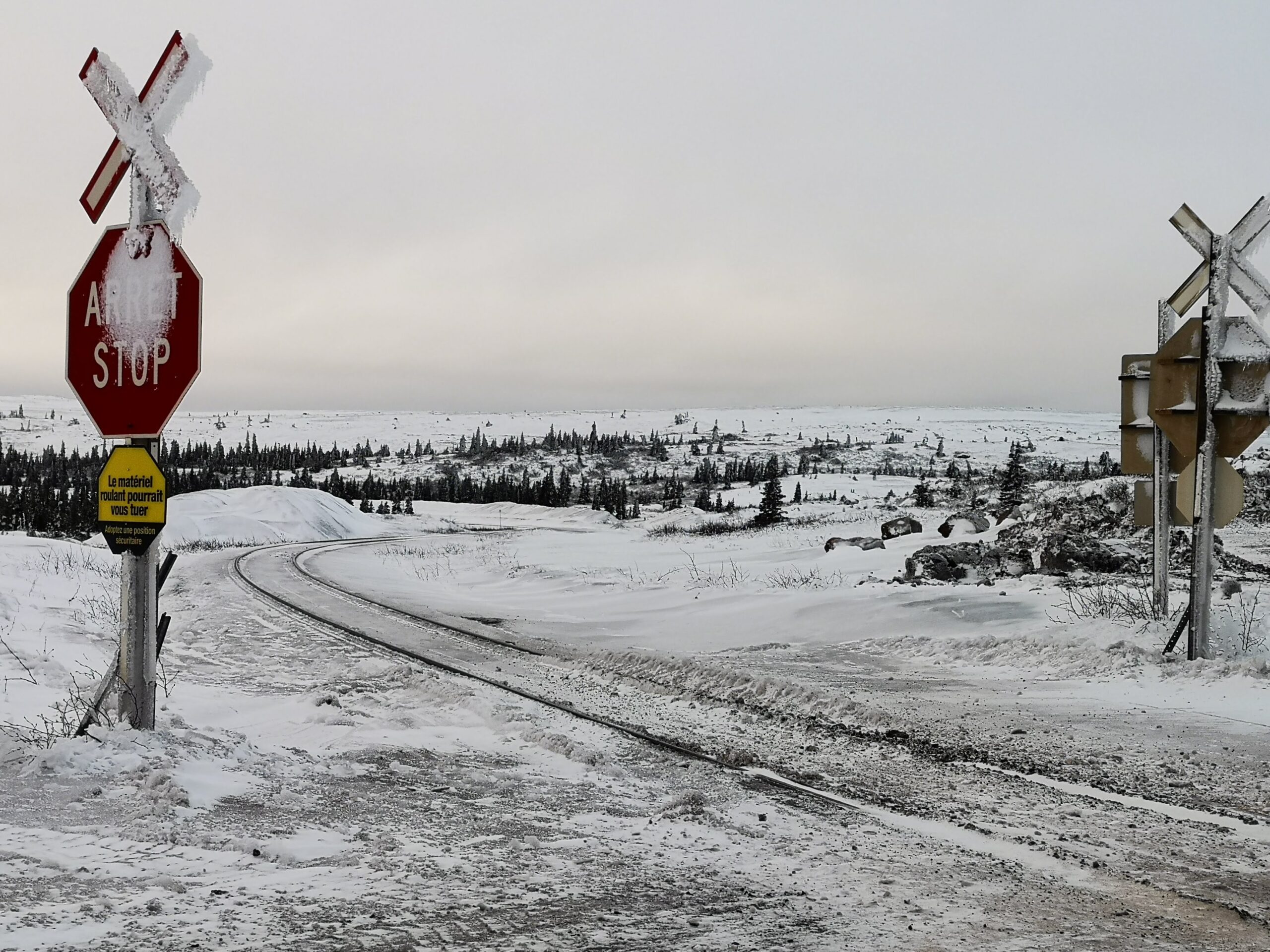

Pessamit
En mars, Ruel s’est rendu à Pessamit pour participer à la deuxième édition du Salon de l’emploi organisé par le Conseil des Innus de Pessamit et coordonné par Suzie Bacon Hervieux et Sarah Simon-Vollant, du service aux étudiants du Conseil. Le nom de l’événement, Tuta Tshipakassun, signifie « façonne ton avenir ». Cette expression est profondément ancrée dans les traditions innues, où assurer son avenir consiste à prendre des mesures pour subvenir à ses besoins et à ceux de sa famille, ce qui, comme on l’a expliqué à Ruel, a une connotation différente du concept occidental de carrière.
La foire a débuté par une cérémonie d’ouverture, comprenant des prières et des danses traditionnelles. Au cours des deux jours, une centaine de lycéens et de nombreux membres de la communauté ont visité la foire, découvrant les possibilités en matière d’éducation et de carrière. Beaucoup sont revenus pour une deuxième visite, faisant preuve d’un grand enthousiasme et d’une grande curiosité.
Des représentants de divers cégeps, universités et centres de formation professionnelle de partout au Québec étaient présents. M. Ruel était fier de présenter les initiatives mises en œuvre par les cégeps de Québec afin de favoriser un sentiment d’appartenance à la communauté chez les étudiants autochtones provenant de l’extérieur de la ville, notamment par le biais d’activités socioculturelles, de matchs de volleyball, de journées du bien-être, d’un gala de reconnaissance, et plus encore.
Ruel dit avoir reçu un « accueil chaleureux et généreux » et avoir eu « de nombreux échanges enrichissants » avec les personnes qu’elle a rencontrées à Pessamit. Une discussion avec Guylaine Bacon, membre de la communauté et technicienne en éducation spécialisée au Cégep de Baie-Comeau, a souligné l’importance de reconnaître la diversité des identités autochtones, non seulement entre les nations, mais aussi au sein des mêmes communautés, en évitant les visions monolithiques, réductionnistes et stéréotypées.
Pour en savoir plus sur Pessamit, cliquez ici.

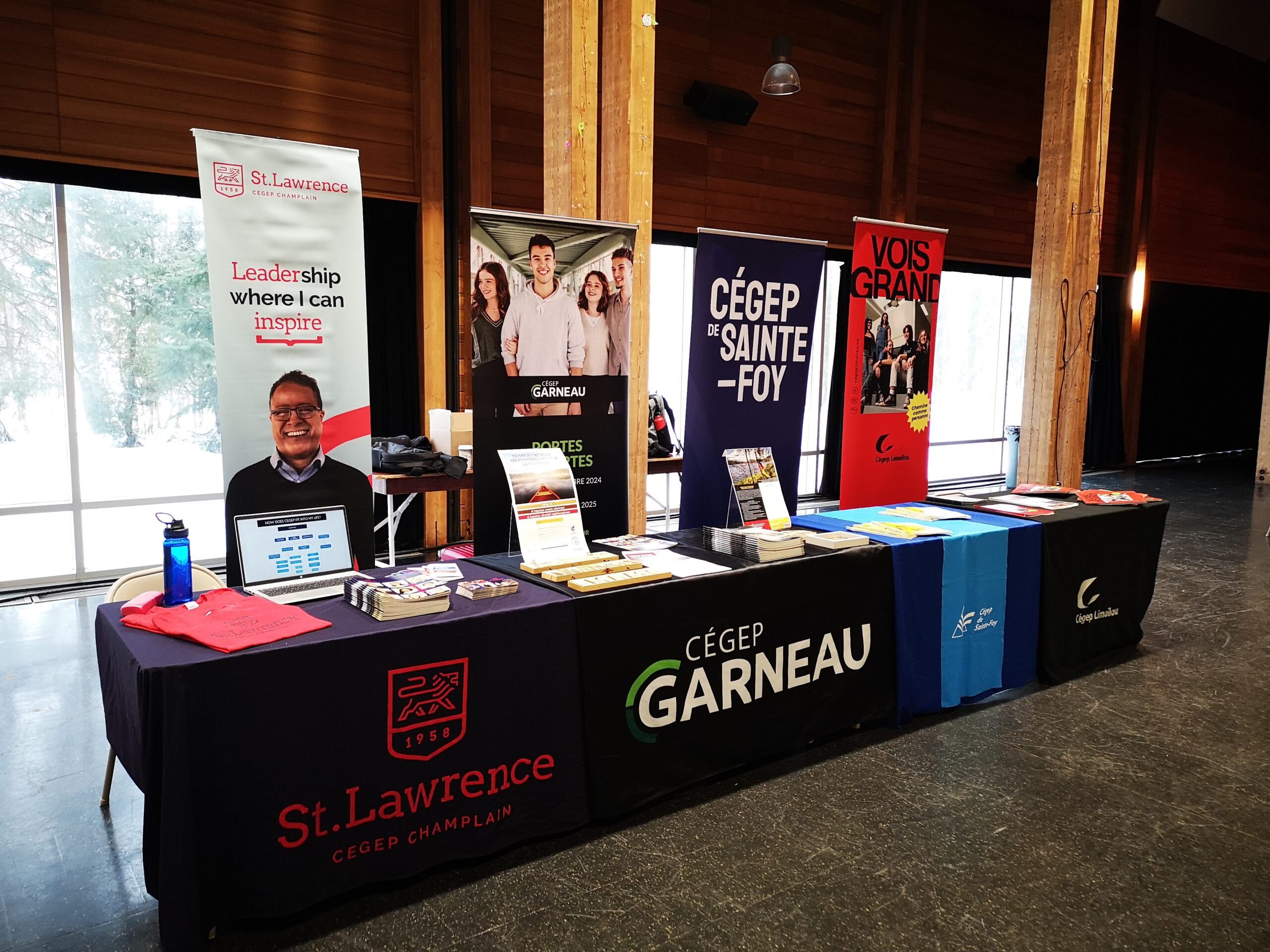
Wendake
Ruel a également participé à la deuxième édition du salon de l’emploi et de la formation Sënhotonwah! de la Nation Wendat, le 30 janvier, en compagnie d’autres établissements d’enseignement et d’employeurs locaux.
L’événement, qui s’est déroulé à l’Hôtel-Musée des Premières Nations à Wendake, a débuté par un discours du chef René W. Picard. Ce fut une excellente occasion de découvrir les entreprises et les organisations de Wendake et leurs partenaires, d’entendre certains anciens élèves de Champlain dont les parcours sont vraiment inspirants et, en prime, de profiter d’une expérience culinaire extraordinaire inspirée du patrimoine autochtone et concoctée par La Traite !
Pour en savoir plus sur la nation Wendat, cliquez ici.

Manawan
Le 23 janvier, des centres de formation, des cégeps et des employeurs ont présenté leurs programmes et services à l’école secondaire Otapi de la communauté atikamekw de Manawan, lors d’un événement organisé par les Services éducatifs de Manawan CDAM. Bien que nous n’ayons pas pu y assister, des collègues d’autres cégeps de la région nous ont représentés à la Journée des carrières de Manawan, mettant en avant les activités du Regroupement des étudiants autochtones des cégeps de Québec.
Nous remercions les nations Naskapis, Innus, Wendats et Atikamekws d’avoir accueilli nos représentants sur leurs terres ancestrales. Nous sommes impatients de continuer à bâtir des relations solides et significatives et d’accueillir les jeunes de ces communautés à St. Lawrence dans les années à venir.
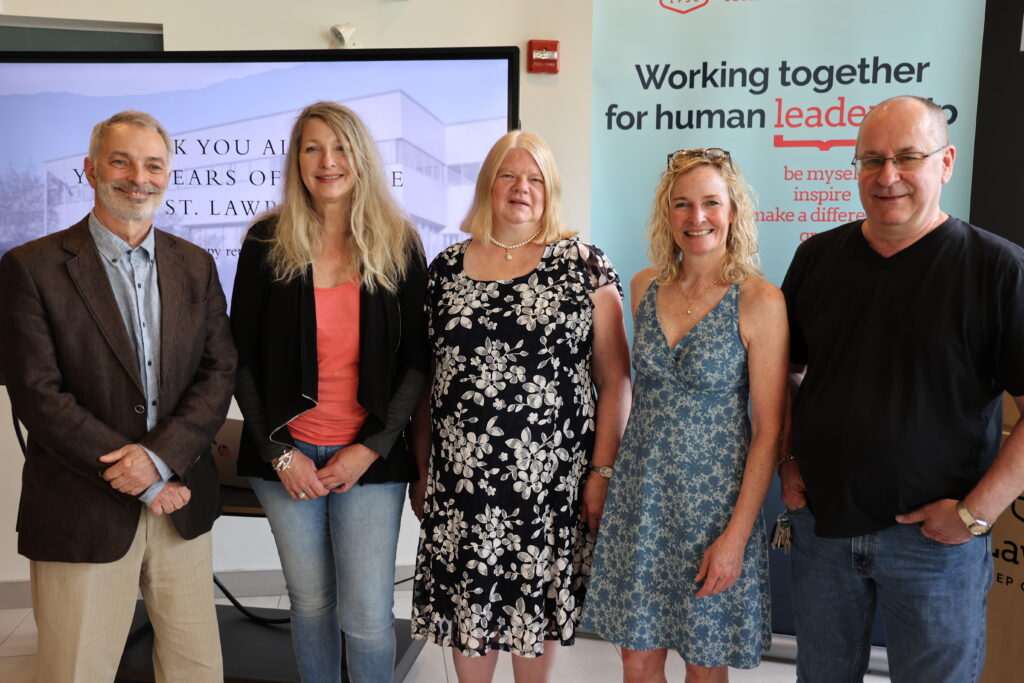
Reconnaissance des employés • 10 juin 2025
St. Lawrence organise sa journée pédagogique annuelle
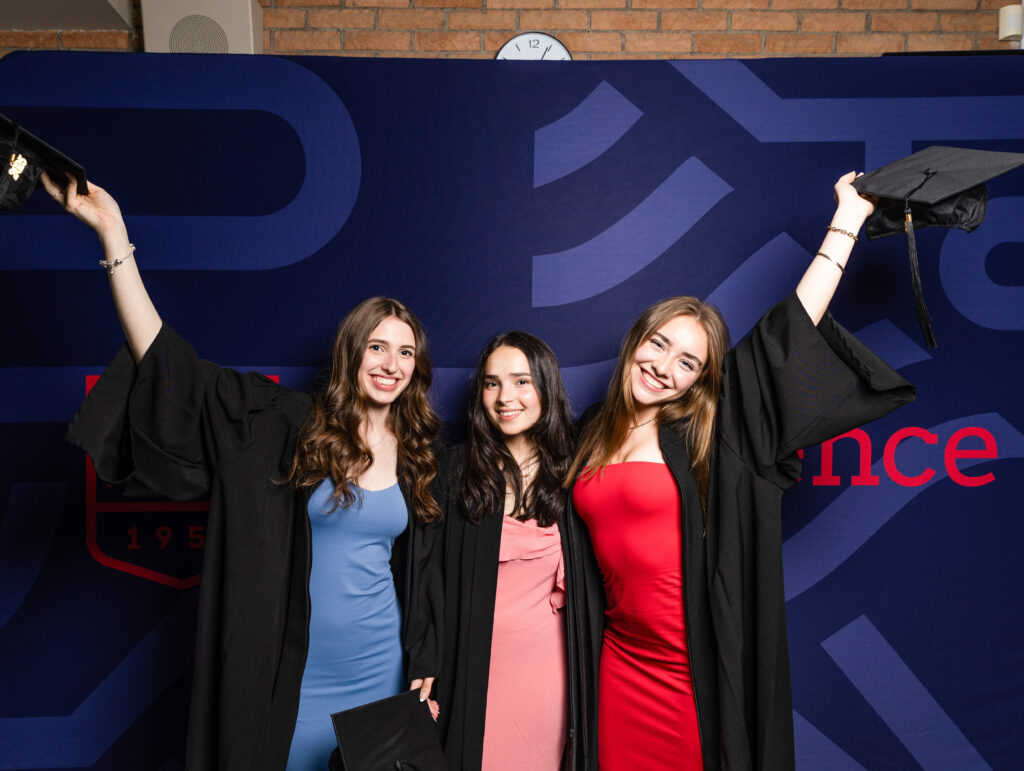
Bourses et prix, Académiques • 10 juin 2025
St. Lawrence célèbre ses diplômés de 2025
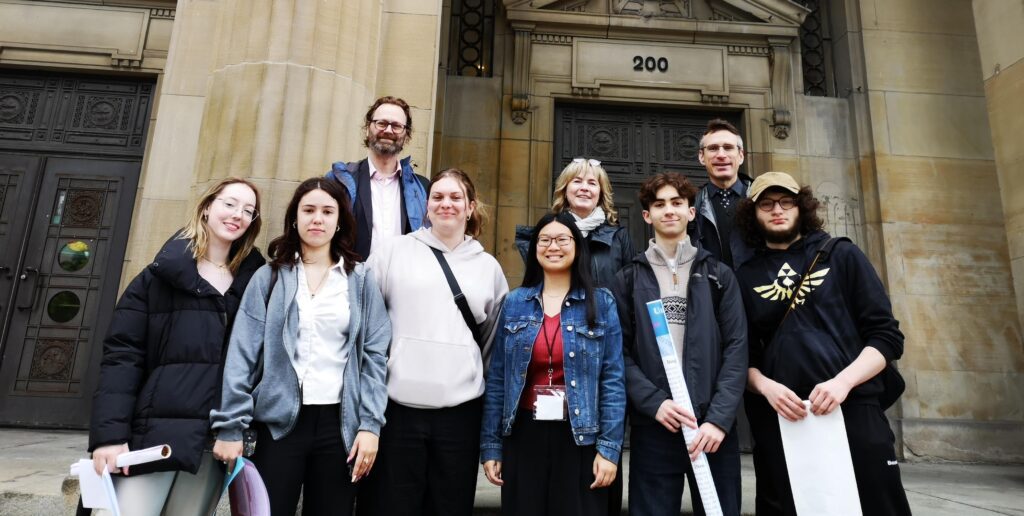
Recherche • 27 mai 2025